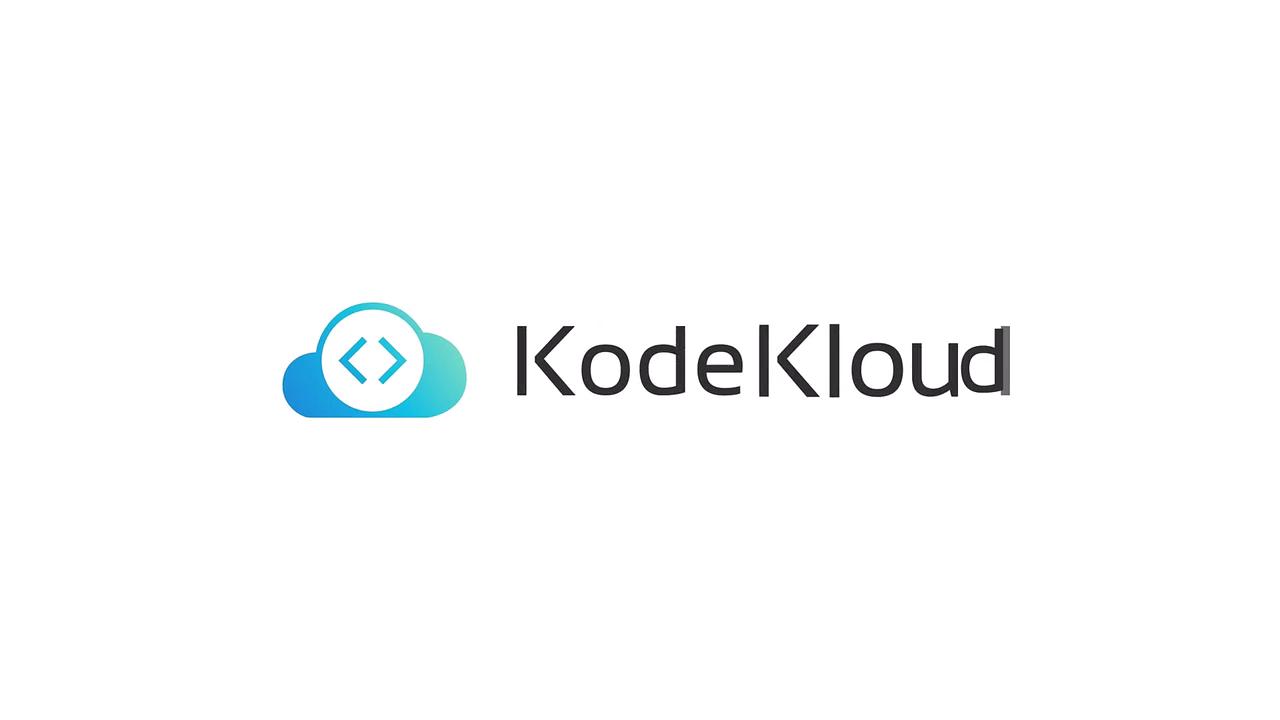Skip to main contentWelcome to the Jenkins Project Course at KodeKloud! In this project-based course, you’ll gain real-world experience with Jenkins and other key DevOps tools through hands-on labs in a browser-based environment. This setup enables you to transition quickly from theory to practice without the hassle of setting up local infrastructure.
What You’ll Learn
We begin by demystifying the core concepts of Jenkins: what Jenkins is, why it’s indispensable in modern development, and how to create and configure basic Jenkins jobs. Your journey starts with a simple “Hello World” pipeline that lays the foundation for more complex workflows.
Next, you’ll integrate Jenkins with Git to manage your source code repository effectively and incorporate unit testing to ensure code quality. You’ll explore various build triggers that automate workflows based on code changes or schedules, and learn how to make your Jenkins jobs dynamic by leveraging environment variables.
As you progress, you’ll become proficient in advanced pipeline features like nested and parallel stages, options, parameters, and user inputs, making your workflows interactive and adaptable. Along the way, we’ll guide you through effective Jenkins plugin management and best practices for configuring and executing jobs.
Deployment and Advanced Integrations
Single Server Deployment
Learn how to deploy your application on a single server using Jenkins pipelines. Start with basic deployment steps and follow hands-on demonstrations that teach efficient application configuration and delivery.
Serverless Architecture with AWS Lambda
Explore AWS Lambda in a dedicated section focused on serverless architecture. Learn to deploy Lambda functions using the Serverless Application Model and configure Jenkins pipelines for efficient serverless deployments, all through accessible hands-on demos.
Containerization with Docker
Delve into the world of Docker and discover how to build custom Docker images, integrate Jenkins with Docker, and write Dockerfiles for containerization. You’ll also learn how to manage Docker Hub credentials securely within Jenkins for robust container deployments.
Orchestration with Kubernetes and AWS EKS
Get acquainted with Kubernetes and AWS EKS to master scalable and reliable container orchestration. This course guides you through working with Pods, replicas, and deployments, and shows you how to set up an EKS cluster and deploy your application using Jenkins pipelines.
Course Outcomes
By the end of this course, you will have a thorough understanding of how to leverage Jenkins, Docker, Kubernetes, and AWS EKS to create robust, scalable, and automated CI/CD pipelines for your applications.
At KodeKloud, we foster community learning. Our vibrant forum provides a space to ask questions, share insights, and collaborate with fellow learners. Join our community and take your first step towards mastering modern DevOps practices.
